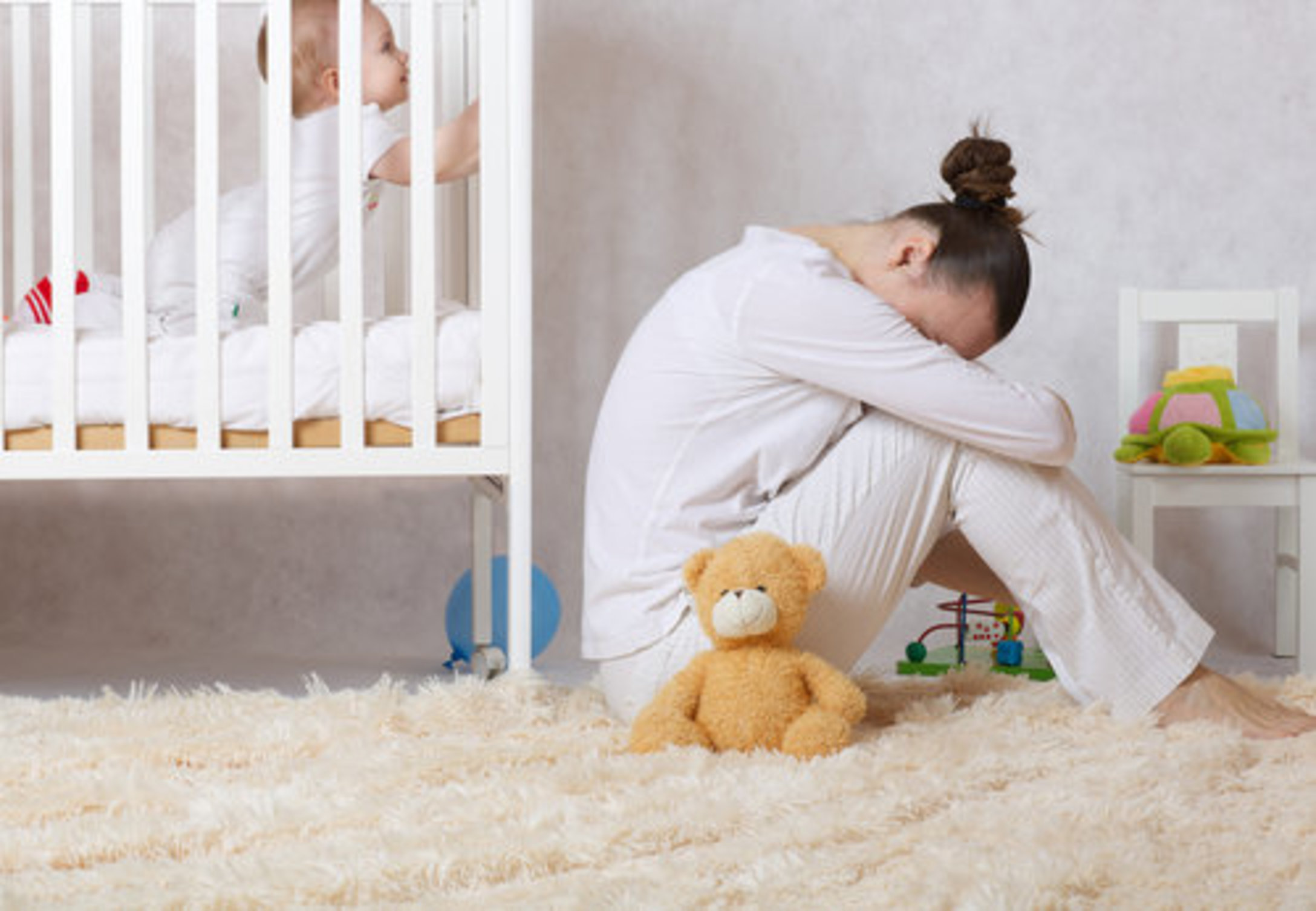
If you know me as an adult, most people will say that I am an eternal optimist. I almost always look for the good in everyone and everything. I firmly believe that where there is a will there is always a way and I believe in myself while knowing my own limits. I was not always this person. I became this person because it was the only way to survive my miserable circumstances. I had to look for the good or the alternative would have been too much for me to live through. I had to find a “why” every day that was bigger than my pain.
When I was a teenager — ages 14-18 — I was extremely suicidal, almost daily. I had a plan. For those of you who haven’t had to battle acute and chronic clinical depression or manic depression — aka bipolar disorder) — a “plan” is the final act of a desperate person before attempting suicide. In my case, I just needed the opportunity to be alone but in a house of eight, opportunity was hard to come by.
If you see a psychiatrist and you are having “suicidal ideation," that’s very serious, but if you have an actual exit strategy in place (a plan) that is dire and an intervention needs to happen immediately. Not to alarm anyone, I’ve just learned this while raising a daughter who suffers from acute depression.
More from CafeMom: I Have Bipolar Disorder & Am Just as Good of a Mom as Anyone Else
In the Beginning
Back then, I was in the beginnings of what we would discover in my 20s to be an acute bipolar 1 disorder diagnosis. Apparently, I do my mental health diagnoses “acutely” or not at all. I was living in a home with an alcoholic father, checked out mother, and five younger siblings looking toward me to parent and protect them.
Add to that all the pressures put upon me to excel as a first generation, oldest daughter of an immigrant while pretending to be "normal," when my home life was anything but, was too much for me as a teenager. Honestly, I’m pretty sure that it would be too much for most adults.
My mind began to break under all the pressure, so much so, that all I could think of to stop the pain was to cease to exist. I researched and I planned and the only thing that got me through those long, silent days and anguished, sadness-filled nights was my mother. I just couldn’t imagine how I could destroy her life by selfishly leaving my own. I knew that wasn’t something she could recover from.
Logically, I knew that killing myself was a permanent solution to a temporary situation but still, the thought of no longer existing and finally having peace kept calling to me. When you’re a kid, in what feels like an impossible situation, and you don’t have the maturity or the tools to deal with it, you find the “easiest” way to escape.
But make no mistake, being depressed to that degree, choosing that decision, is not easy at all. It is a desperate act by a person who feels they’ve exhausted all other options.
How My Mother Saved Me
In the end, my love for my mom trumped my need to escape my own pain. She is what kept me hanging on. She loved me so much that the thought of being the thing that destroyed her was more unbearable than the pain of living in my depression. I wished I could talk to her about it, but I couldn’t.
I still wish someone had been there to salve my pain, but no one was and even though it was the darkest time in my life, I think it gave me a unique perspective that I now need, being the mom of a child suffering from depression.
More from CafeMom: My Mother Is My Everything
How Motherhood Changed the Way I Battled My Depression

Now, as a mom myself, I’d love to tell you that the unbearable depression of my teens is no longer a thing for me. On most days, it is not. But, to be completely honest with you, the depression lasted four to five years, and then I began experiencing mania, which is unbearable enough in its own completely different way. It too, triggers suicidal thoughts and behaviors.
After many years of cognitive, behavioral, and talk therapy, as well as medication, researching, and learning everything I could about my disorder, I am now stabilized, on most days. However, I still have breakthrough dark days and manic days. The key, for me, is knowing myself, knowing my disorder, and doing everything I’m supposed to be doing to help myself. Unfortunately, you cannot wish or pray away mental illness. Oh, how I wish you could.
Before I became a mom, I discussed ad nauseum, with my mental health team, what this would mean for me as a mom, and more importantly, for my future children. I was told to be cautious and to be aware that a child can be born genetically predisposed to a mental health illness and it never activates without a traumatic event to trigger it. My goal became to make sure there were no triggers like I had experienced. What I hadn’t anticipated was a global pandemic.
What I’d been through with my depression and mania before my diagnosis is nothing short of hell. Anyone who’s been through it can attest to the fact that anything in excess is not good. Whether you are too manic or too depressed, too high, or too low, the outcome is the same: You feel overwhelmed, out of control and it becomes extremely hard to see your way out to stability, which sounds so boring to a mentally heathy person, but it is absolutely the goal when you are living on this mental health pendulum.
How Watching My Child Struggle With Depression Changed Me
As a mom, I must stay aware of my own mental health for my children, as well as for myself. My husband met me in college, after my deep depression and before medication for the mania — this man has seen it all. He is tasked with alerting me to any signs that I am exhibiting depression or mania because when you’re in it, it’s hard to recognize the symptoms, even when you are very self-aware.
We have a plan in place. We’ve always talked very openly about mental illness, mental health, and therapy in our home. My children know my diagnoses, I told them when they were old enough to understand and not be afraid. I needed to be honest with them for a few reasons:
- I need to be able to take care of myself openly.
- They need to be aware of their family mental health history just as much as their family physical health history.
- I’m working to destigmatize mental illness so that they know it is not a flaw but simply something that happens to us through no fault of our own.
Most importantly, they need to know and believe that getting help is not a source of shame but an act of courage to be commended. I want to empower them to know that mental illness is not something dirty or wrong, it just is.
Every day, I choose the light. I choose self-care. I model it for my girls. They do battle their own mental health issues, but they are not alone, they have a team for support and care. They have parents who understand. They are not afraid to talk openly and honestly about their struggles and that is so important, because in matters of mental illness, that simple act can mean the difference between life and death.
Note: If you or any of your loved ones are struggling with suicidal thoughts, you can always reach out to the 988 Suicide & Crisis Lifeline by calling 988. They are available 24/7 by phone or online chat.




